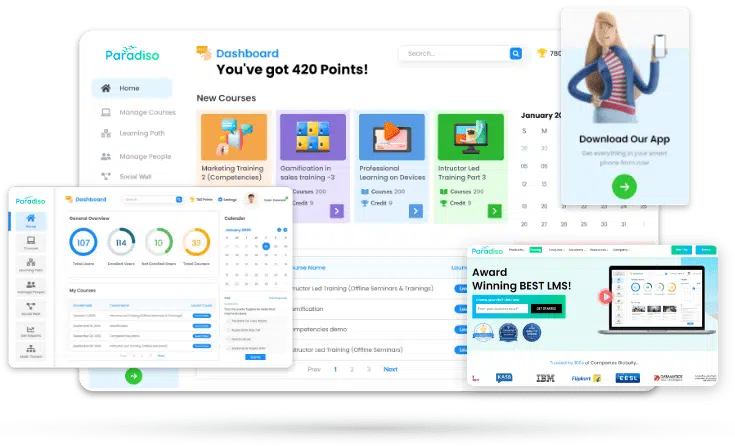
An LMS, or Learning Management System, is a software application designed to facilitate the delivery, management, and tracking of online educational courses and training programs. LMS software acts as a centralized platform where instructors can create, organize, and deliver content, interact with learners, track their progress, and assess their performance, making it an essential tool for effective online learning experiences.
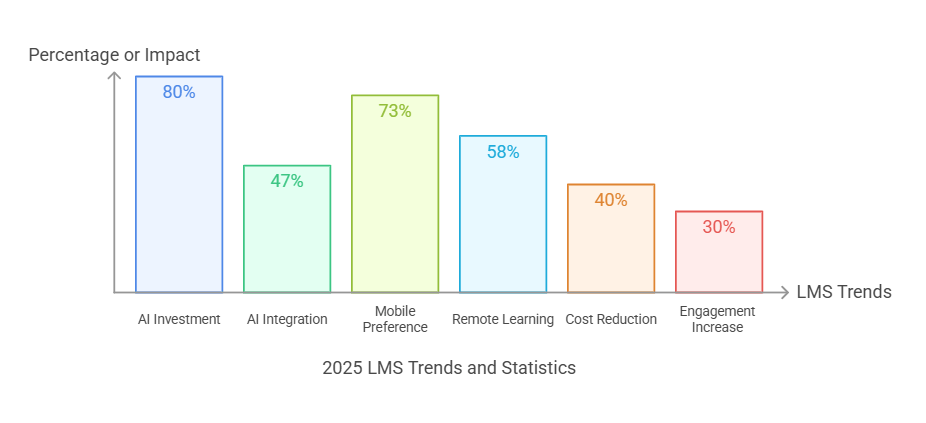
An LMS, or Learning Management System, is a software application designed to facilitate the delivery, management, and tracking of online educational courses and training programs. LMS software acts as a centralized platform where instructors can create, organize, and deliver content, interact with learners, track their progress, and assess their performance, making it an essential tool for effective online learning experiences.
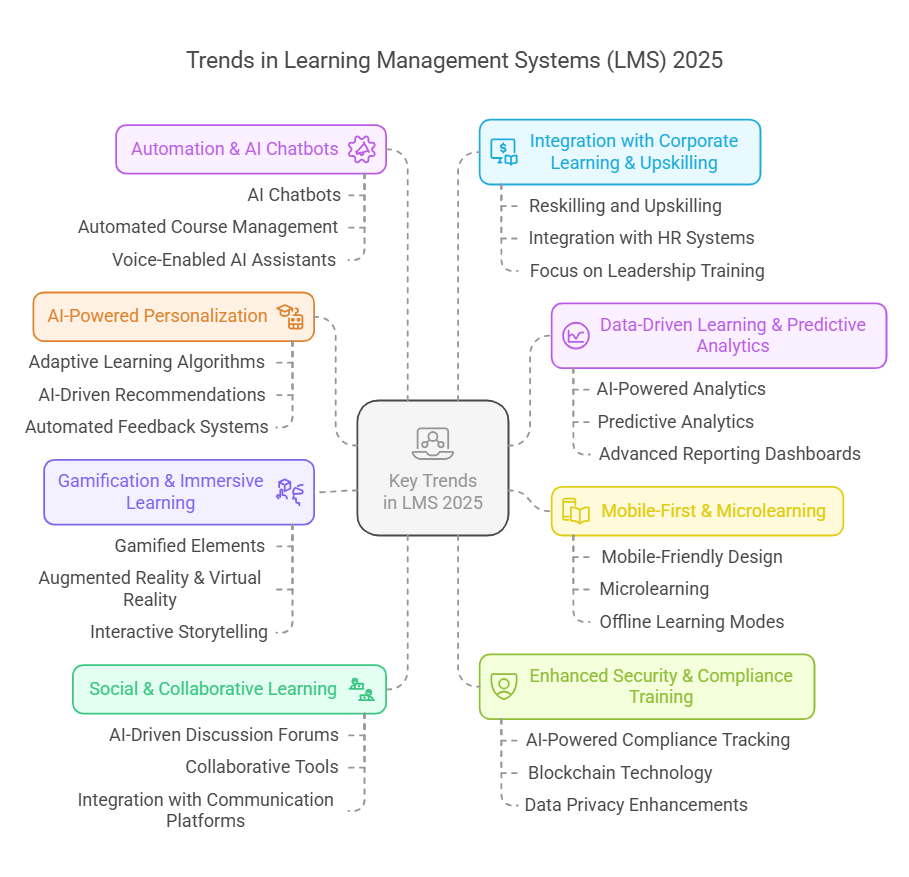
Corporate LMS are designed for Training and development within organizations, focusing on employee training, compliance, and skill development, while academic LMSs are tailored for educational institutions, facilitating course management, grading, and collaboration among students and instructors.
SaaS/Cloud LMSs are web-based platforms hosted by the provider, allowing easy access, scalability, and regular updates, while installed on-premises LMS are locally hosted, offering greater control and customization but requiring infrastructure and maintenance investments.
LMS (Learning Management System) manages and delivers learning content, tracks progress, and administers assessments, while LCMS (Learning Content Management System) focuses on content creation, storage, version control, and content reuse, enabling instructional designers to develop and manage learning materials more efficiently.
Small to medium-sized enterprises (SMEs) use Learning Management Systems (LMS) to streamline training processes, deliver online courses, and track employee progress efficiently, ensuring cost-effective and scalable training solutions
These enterprises utilize LMS to manage and deliver training programs to many employees across multiple locations, ensuring consistent training quality, standardized content, and centralized tracking and reporting.
Organizations offering specialized products or services, such as software companies or medical device manufacturers, use LMS to provide targeted product training to employees, customers, or partners, enabling them to gain in-depth knowledge and skills required for effective product usage or support.
LMS software is used to centralize and automate the administration, delivery, and tracking of various Training and educational content types. It enables organizations to streamline training processes, deliver online courses, track learner progress, and generate reports for performance evaluation and compliance purposes.
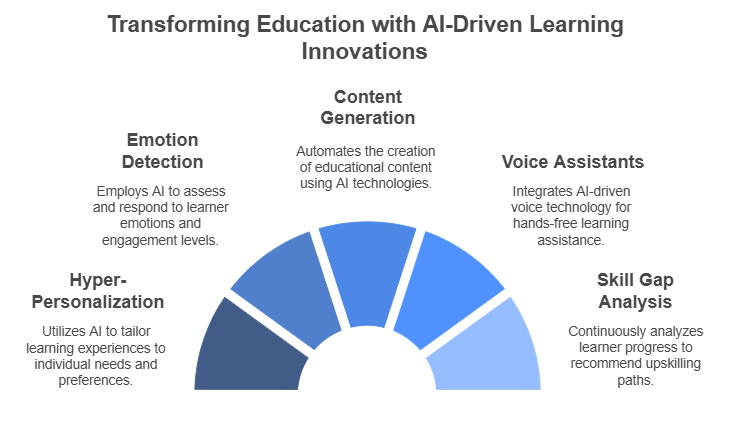
In recent years, the demand for online learning has skyrocketed in India, leading to an increased need for robust Learning Management Systems (LMS). LMS software offers a comprehensive platform for educators, trainers, and organizations to deliver engaging and interactive online courses. To help you choose the best LMS software for your needs, we have compiled a list of the top 10 LMS software in India.
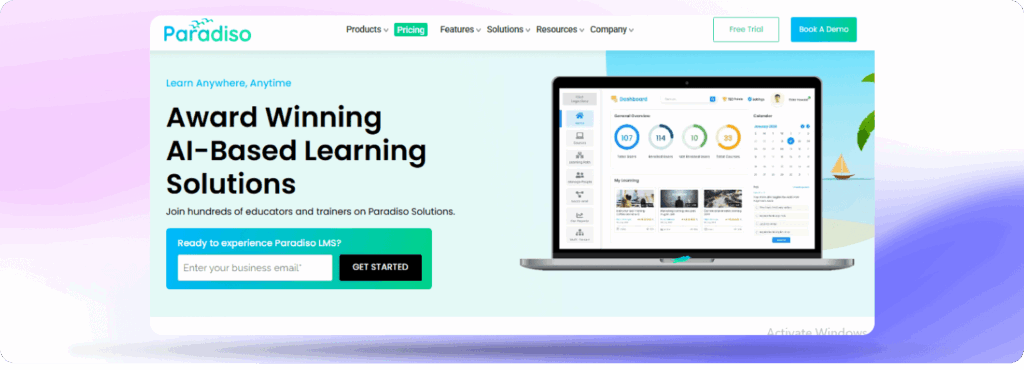
Abara LMS is a cloud-based learning management system that caters to both academic and corporate training needs. It provides features like content management, assessments, social learning, and reporting
Courseplay is an intuitive learning management system that focuses on corporate training. It offers features such as content creation, assessments, gamification, and reporting to enhance the learning experience.
UpsideLMS is a cloud-based learning management system that provides a comprehensive platform for delivering and managing online courses. It offers features such as content creation, gamification, and reporting tools.
WizIQ LMS is an all-in-one learning management system that includes virtual classroom functionality. It offers features like course management, content creation, assessments, and live online classes
Olive LMS is a cloud-based learning management system that supports both online and offline learning. It provides features like course management, assessments, and collaboration tools, and mobile learning support
Qafie LMS is an easy-to-use learning management system that offers features like course management, assessments, progress tracking, and reporting. It is suitable for both educational institutions and corporate training
Swift LMS is a flexible learning management system that enables the creation and delivery of online courses. It provides features like course management, assessments, multimedia support, and progress tracking.
E-khool is a learning management system designed specifically for schools and educational institutions. It offers features like course management, attendance tracking, gradebook, and communication tools for teachers, students, and parents.
Mintbook is a cloud-based learning management system that provides features like course creation, assessments, content library, and analytics. It focuses on delivering personalized and interactive learning experiences.
To make an informed decision, consider factors such as ease of use, integration capabilities, scalability, security compliance, and support services. Evaluating pricing models, conducting trials, and reviewing vendor reputation can also help select the most suitable AI LMS. Download our LMS Buyer’s Guide today for a more comprehensive analysis and selection guide!
Paradiso LMS stands out as a preferred solution due to its exclusive features that drive productivity. With robust course creation tools, trainers can design engaging content, while gamification and social learning features foster learner engagement and collaboration. Mobile compatibility ensures training accessibility anytime, anywhere. The analytics and reporting capabilities enable data-driven decision-making, and workflow automation simplifies administrative tasks, saving time and effort. As a result, Paradiso LMS empowers organizations to enhance training effectiveness and achieve better outcomes.
Paradiso LMS stands out as the best LMS software in the India market, offering a comprehensive solution for delivering various types of training programs. With its robust features and user-friendly interface, Paradiso LMS provides a seamless experience for both instructors and learners. Additionally, the dedicated team behind Paradiso ensures the delivery of engaging and user-centric content, making it an ideal choice for organizations seeking a top-notch LMS solution.
An AI-powered learning platform is an educational or corporate training system that uses artificial intelligence to create personalized learning experiences, automate assessments, and provide real-time feedback. These platforms adapt to user behavior, making learning more engaging and effective.
AI enhances LMS by personalizing learning paths, automating grading and content recommendations, providing predictive analytics, and improving engagement through AI-powered chatbots. It reduces manual work for educators while optimizing learning outcomes.
AI-powered learning platforms offer:
No, AI is designed to assist, not replace, educators. AI helps with grading, content suggestions, and learner support, but human instructors remain essential for mentorship, creativity, and emotional intelligence-based learning.
AI analyzes learner behavior, progress, and preferences to recommend customized courses, adaptive quizzes, and tailored content. This ensures each learner gets a personalized study plan suited to their needs.
AI learning platforms are widely used in:
Paradiso LMS and AI-powered learning tools offer a complete, smart learning platform that boosts productivity and streamlines operations. Empower your team with scalable, AI-driven solutions to stay ahead in today’s fast-paced business world.
Take our quick quiz to find the best LMS for your business in just 30 seconds! Answer a few simple questions, and we’ll match you with the perfect solution tailored to your needs and budget. Start now and make the right choice for your team!
Get an accurate LMS cost estimate in seconds! Just select your users, and we'll calculate the best pricing for your needs. It's quick, easy, and tailored to help you find the perfect solution within your budget!
Other Links
Company
Paradiso™ Solutions.
Our website uses small pieces of data (known as cookies) to make the website function, remember who you are, personalize content, and provide a safer experience on our site. Some of these cookies are necessary for the website to operate properly. By clicking 'Accept,' you agree to the uses outlined in our Cookies Notice. If you click 'Decline,' we will block all non-essential cookies, but those crucial for the website's operation will still be used.